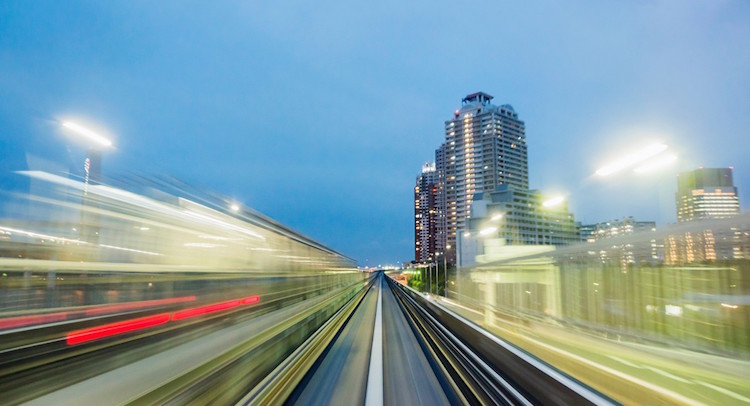There are a lot of cars on the road — 253 million to be exact. And the more cars there are on the road, the more chances there are for traffic, accidents and pollution. As cities begin to combat automotive saturation with new technology, it’s becoming pretty clear that fewer, yet smarter, cars is a key component of the future of transportation. To embark on a long trip, you could hop in a self-driving car, optimize the route to get to your destination as quick as possible, and also pick up a few passengers along the way. Many of these seemingly far-fetched concepts are already becoming a reality, which our CEO Dan Preston explores in a recent Medium article.
The article highlights the three trends that we are already seeing progress with today: the rise of the ridesharing economy, new insurance models that incentivize driving less and the introduction of self-driving cars. As innovation is used to optimize the number of cars on the road and the way we drive, we should see the positive impact that having fewer, yet smarter, cars will have on our environment, economy and everyday lives. In fact, we recently ran a study with the Jackson Institute for Global Affairs at Yale and found that if everyone in the US reduced their driving by 6%, potential benefits could include saving 2,400 lives and $26 billion in accident-related costs
You can read the full article here, and stay tuned as we continue to investigate the latest trends in which technology meets transportation.

